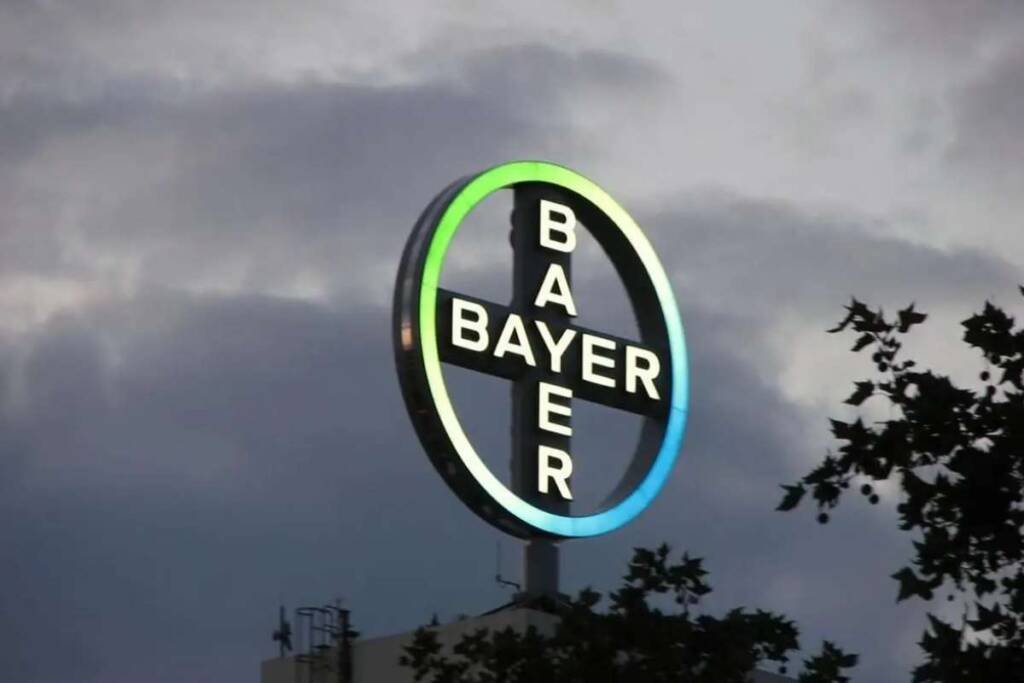Bayer’s second-quarter results update revealed a significant decision: the discontinuation of adrenomedullin pegol (PEG-ADM) development, which had progressed to Phase II as a potential treatment for acute respiratory distress syndrome (ARDS).
The inhalation-based therapy was under evaluation in the SEAL trial for ARDS, a form of lung failure characterized by fluid accumulation in the lungs, impairing breathing. However, Bayer, the German pharmaceutical and chemicals conglomerate, announced it was terminating the program due to “scientific reasons.”
Currently, ARDS is primarily managed through corticosteroids to alleviate lung inflammation. Bayer’s PEG-ADM aimed to address this condition by potentially reducing lung fluid buildup and enhancing oxygen transfer into the bloodstream.
Clinical trial information on clinicaltrials.gov indicates that the trial was halted based on preliminary outcomes from part A, which investigated the safety and efficacy of active doses. Importantly, the decision was not prompted by any safety concerns.
Bayer’s update also confirmed the discontinuation of runcaciguat, an oral soluble guanylate cyclase activator, for chronic kidney disease (CKD). This decision followed promising data presented at the European Renal Association Congress, showing runcaciguat achieved a 40% reduction in albuminuria—a kidney damage marker—in individuals with type 2 diabetes at high CKD risk.
Bayer stated it is now focusing on the follow-up oral sGC activator BAY3283142, currently in Phase I testing, exhibiting an “enhanced pharmacokinetic/pharmacodynamic profile.”
Among Bayer’s recent developments, the company already markets Verquvo (vericiguat), an oral sGC activator developed in partnership with MSD, approved by the FDA to reduce cardiovascular death and heart failure hospitalization risk in symptomatic chronic heart failure with reduced ejection fraction (HFrEF) patients in 2021.
Additionally, Bayer reported prescription drug sales of €4.6 billion (around $5 billion) in the second quarter, maintaining stability compared to the previous year, while overall group revenues declined by 8% to €11 billion.
The recent launches of Nubeqa (darolutamide) for prostate cancer and the chronic kidney disease therapy Kerendia (finerenone) were notable highlights, achieving growth rates of 91% (reaching €201 million) and 23% (reaching €67 million) in the pharmaceutical results, respectively.





























